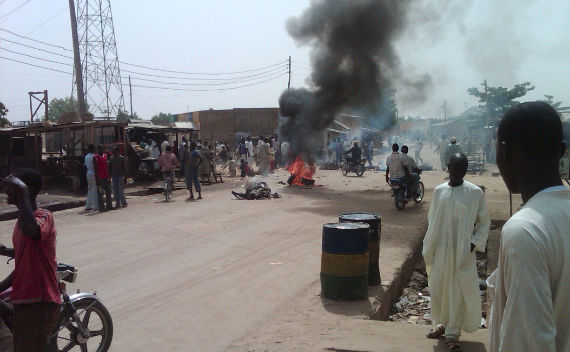Nigeria: Presidential Elections
More on:

In a First Take published today on CFR.org, I suggest that the results of Nigeria’s presidential election both mirror and promote the bifurcation between the predominantly Muslim North and the largely Christian South—and that the early poll results have in turn exacerbated the country’s divisions.
In the meantime, numerous credible reports today describe widespread riots in northern Nigeria, a violent reaction to the news that Jonathan has almost certainly won the presidential election. Already, Nasir El-Rufai, speaking for the Congress for Progressive Change (CPC), suggested that the presidential elections were not credible and that CPC “will prove it in due course.” Although the Independent National Electoral Commission (INEC) announced the results of the election this afternoon, at the time of writing CPC and Action Congress of Nigeria (ACN) officials have refused to sign the results declaring Jonathan the official winner of the poll. Events over the next 24 hours will indicate the North’s short-term reaction to Jonathan’s apparent victory: if the perception grows that the election was rigged, I worry that the unrest will continue or perhaps even worsen.
More on:
 Online Store
Online Store